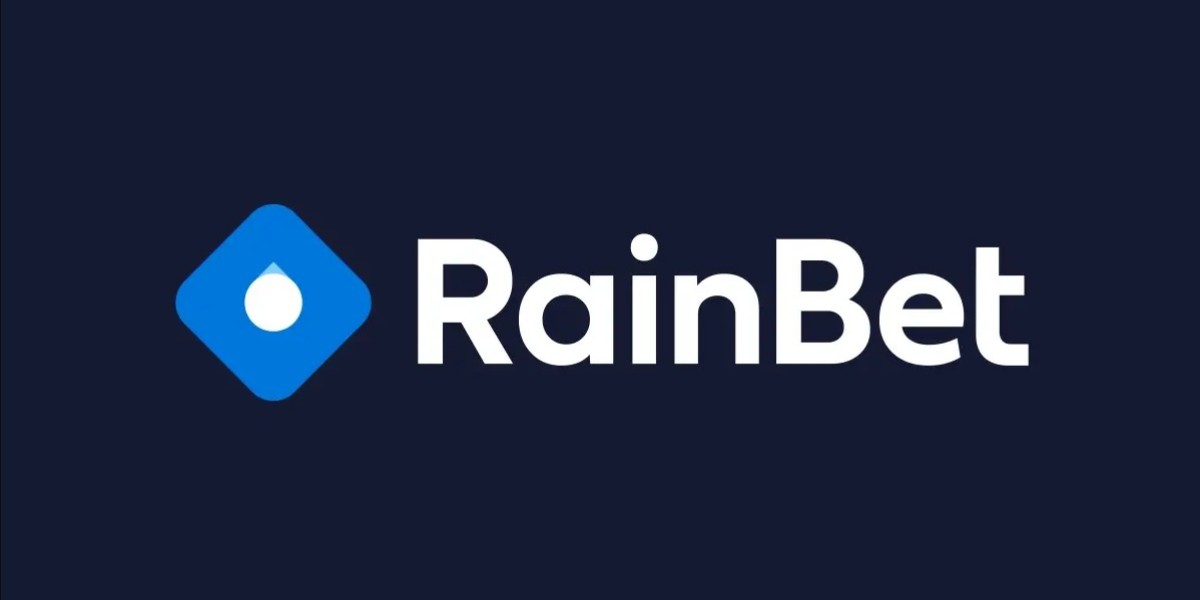In today’s fast-paced world, maintaining a balanced fitness regimen and taking the right supplements can feel like an overwhelming task. But with the right information and dedication, you can maximize your results and achieve your best fitness goals faster than ever before. Whether you're looking to lose weight, build muscle, or improve overall health, this guide will take you through the best practices in fitness and supplementation.
Building a Balanced Workout Routine
A balanced workout plan should incorporate several key components: strength training, cardio, flexibility, and rest. Here’s how you can balance them for optimal results:
Strength Training: Aim for at least 2-3 sessions per week. Focus on compound movements (squats, deadlifts, presses) that work multiple muscle groups. This helps build lean muscle mass and increase metabolism.
Cardio: Cardiovascular exercises, such as running, cycling, or swimming, improve heart health and burn calories. Aim for 150 minutes of moderate-intensity cardio or 75 minutes of vigorous-intensity cardio weekly.
Flexibility & Mobility: Incorporate yoga or dynamic stretching into your routine to improve flexibility, reduce injury risk, and aid muscle recovery.
Rest: Recovery is often overlooked, but it’s critical. Take at least one or two rest days per week to allow your muscles to repair and grow.
Supplements to Boost Your Fitness Goals
Supplements can give your fitness journey an extra edge, but they should never replace a balanced diet. Here are some of the best supplements that work hand-in-hand with your workout routine:
Protein Powder: Whether you’re aiming to build muscle or recover after a workout, protein powder (whey or plant-based) is an excellent way to ensure you’re meeting your protein needs. It helps repair muscle fibers and support muscle growth.
Creatine: Creatine is one of the most researched and effective supplements for strength training. It enhances performance by increasing energy production in your muscles, allowing for more intense workouts and improved muscle growth.
Branched-Chain Amino Acids (BCAAs): BCAAs are essential amino acids that support muscle recovery, reduce soreness, and help preserve muscle mass during weight loss or intense training periods.
Omega-3 Fatty Acids: Omega-3s are great for heart health and have anti-inflammatory properties that help your muscles recover faster. Consider taking a fish oil supplement if you're not getting enough from your diet.
Multivitamins: A high-quality multivitamin can fill any nutritional gaps in your diet, ensuring your body has the necessary micronutrients to function optimally. Look for one with a balance of vitamins and minerals such as vitamin D, magnesium, and zinc.
Pre-Workout Supplements: If you need a little extra energy before hitting the gym, pre-workout supplements with caffeine, beta-alanine, and nitric oxide boosters can help increase endurance and focus during intense training.
Healthy Nutrition: The Foundation of Fitness
Your workout is only one piece of the puzzle—nutrition plays a massive role in achieving fitness goals.
Protein: Ensure you're getting enough protein daily to support muscle recovery and growth. Good sources include chicken, fish, tofu, lentils, eggs, and protein-rich dairy products. Aim for 0.6 to 1 gram of protein per pound of body weight, depending on your fitness goals.
Carbohydrates: Carbs are your body’s primary source of energy. They fuel your workouts and help with recovery afterward. Opt for complex carbs like sweet potatoes, brown rice, and oats for sustained energy.
Healthy Fats: Healthy fats like avocados, nuts, and olive oil provide long-lasting energy and help with hormone production, which is crucial for muscle growth and fat loss.
Hydration: Proper hydration is essential for both performance and recovery. Aim to drink at least 8 cups of water a day, and more if you’re sweating heavily during your workouts.
Consistency Over Perfection
One of the most important factors in achieving your fitness goals is consistency. Fitness isn’t about perfection; it’s about making progress over time. Set realistic goals and celebrate small victories along the way. Even on days when you don’t feel like working out, push yourself to show up—even a short session is better than none at all.
Tracking Progress and Adjusting Your Routine
To ensure you're on track to reach your goals, tracking your progress is key. Whether it's noting your weights and reps in the gym, tracking your body measurements, or monitoring your nutrition, measuring your progress will help you see what’s working and where adjustments are needed.
Every 4-6 weeks, reassess your routine and progress. If you’re no longer seeing gains or progress in endurance, consider changing your exercises, increasing your intensity, or adjusting your diet or supplements.
Rest and Recovery Are Key
Your body needs time to recover, especially if you're pushing yourself hard in the gym. Overtraining can lead to injuries and burnout. Be sure to give yourself adequate sleep (7-9 hours a night) and incorporate rest days to help muscles repair and grow. Active recovery like walking, light stretching, or yoga is also a great way to keep moving without overexerting yourself.
Conclusion
Fitness is a journey, not a destination. By incorporating a well-rounded workout routine, choosing the right supplement tips, and following a balanced diet, you can make significant strides toward achieving your fitness goals. Remember, consistency, patience, and smart choices are the key ingredients to long-term success. Stay focused, stay hydrated, and keep pushing yourself!
Feel free to reach out with any questions or share your own fitness experiences in the comments below. Let’s keep pushing toward our goals together!






